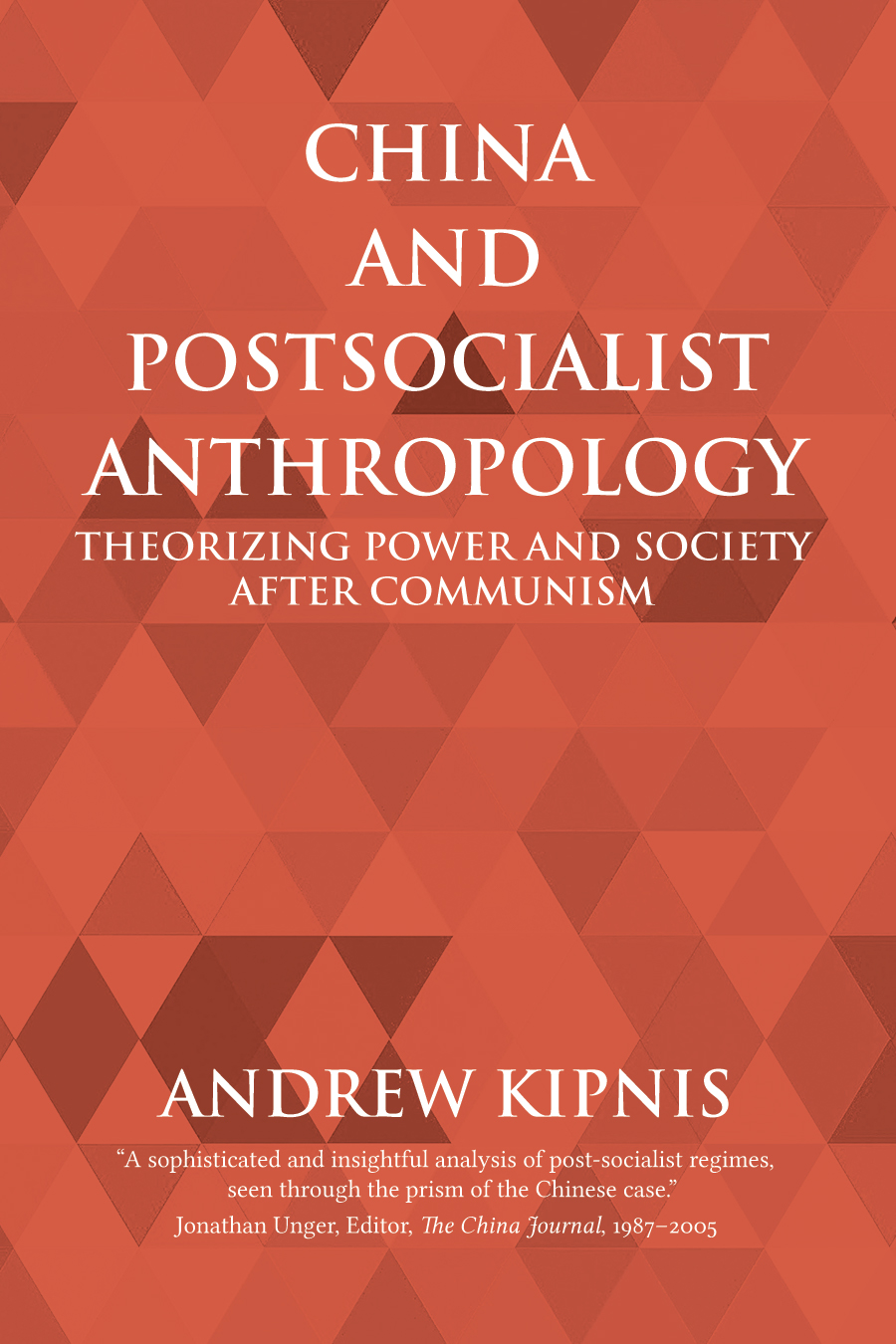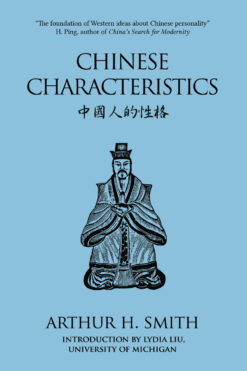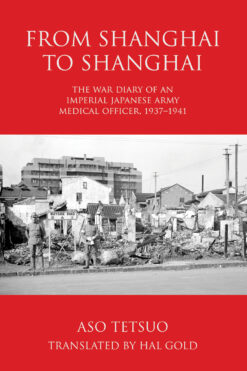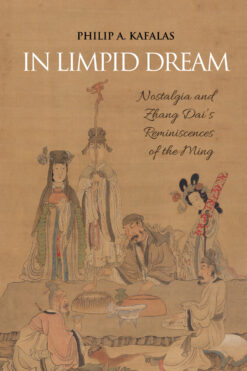Description
China and Postsocialist Anthropology applies lessons learned from socialist governance, especially in China, to the realm of social theory. Socialist governance explicitly draws on various aspects of Marxist theory and thus directly illuminates issues as varied as theorizing power, imagining the relationship between continuity and discontinuity in historical process, utilizing the category of “the political” when writing about culture and society, and conceptualizing categories like class, the state, the market, and citizenship. Many of the most destructive episodes of socialist governance can be linked to two major themes in Maoism and Marxism: a holistic conception of society; and a positive valuation of politicization (in the forms of conflict, struggle, and political oppositionality). Both themes play an important role in the practical exercise of socialist governance and, in the process, generate a number of related sub-themes, or socialist logics. These two overarching themes come together in the practice and concept of socialist revolution—an armed struggle that transforms society from one holistic form (capitalism) to another (socialism). China and Postsocialist Anthropology explores and develops forms of theorizing about society and politics which avoid the over-politicization, holistic language, metaphors, assumptions, and logics so prevalent in socialist governance.
Related books
Arthur H. Smith
| $19.99 | $34.99 |
| Paperback | Hardback |
Aso Tetsuo
| $14.99 | $24.99 |
| Paperback | Hardback |
Lee Ho-chul
| $14.99 | $24.99 |
| Paperback | Hardback |
Philip A. Kafalas
| $24.99 | $44.99 |
| Paperback | Hardback |






